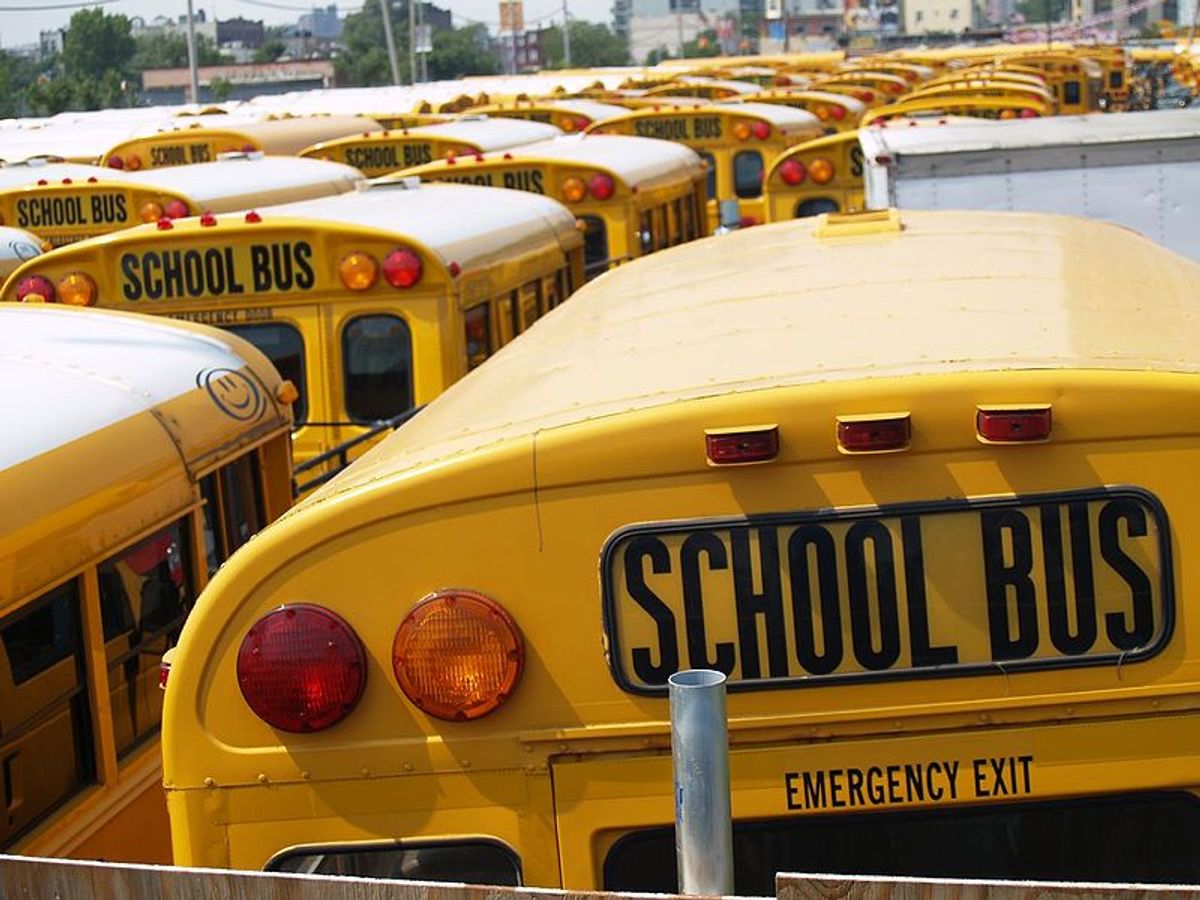You want my advice, you should pour a tall cup-a-Joe and settle in to read this essay by Sean Reardon in this AMs NYT on education and wealth. He covers a lot of ground, but the theme that resonated most with me is one I’ve stressed often in these parts regarding the growing evidence of linkages between increased income inequality and diminished opportunities. A prominent channel through which this occurs is, of course, education.
It’s not just that rich kids do better in school than poor kids. That’s an old problem.
What is news is that in the United States over the last few decades these differences in educational success between high- and lower-income students have grown substantially.
Moreover, these growing differences show up in college access and completion.
…the proportion of students from upper-income families who earn a bachelor’s degree has increased by 18 percentage points over a 20-year period, while the completion rate of poor students has grown by only 4 points.
…15 percent of high-income students from the high school class of 2004 enrolled in a highly selective college or university, while fewer than 5 percent of middle-income and 2 percent of low-income students did.
How, though, do these developments link up with inequality? As Reardon sees it “the academic gap is widening because rich students are increasingly entering kindergarten much better prepared to succeed in school than middle-class students. This difference in preparation persists through elementary and high school.”
–over the past three decades, the gaps between spending on “enrichment goods” have grown as the wealthy spend increasingly more on books, tutoring, sports, music and art lessons for their kids than do lower income parents.
–“…the amount of time parents spend with their children has grown twice as fast since 1975 among college-educated parents as it has among less-educated parents.”
What I find so important about all the above is that it widens the target of education reform beyond just schools and teachers—note: that’s “beyond” not “instead of”—to include these economic imbalances in income, wealth, time, and consumption.
In fact, Reardon marshals some evidence suggesting that while differences in school quality faced by students of different income classes exist and are important, “they appear to do less to reinforce the trends than conventional wisdom would have us believe.”
Thus:
…much of our public conversation about education is focused on the wrong culprits: we blame failing schools and the behavior of the poor for trends that are really the result of deepening income inequality and the behavior of the rich.
To counteract these effects, we’ll need to offset the impacts of the income disparities by providing less-advantaged kids with access to the enrichment opportunities they’re increasing not getting. Quality preschool has got to be the right place to start (Reardon weirdly neglects to mention the President’s new proposal for universal pre-K for 4-year-olds from low- and moderate-income families). But Reardon also notes some promising programs designed to help parents themselves become better teachers to their young charges.
The key point is that we’ve got to approach this with a lot more urgency. One doesn’t want to be overly deterministic, such that we write off those who lost out at the starting gate. But early cognitive development is so determinative of what happens later that to continue the tired squabble about who to blame–teachers, schools, or the income distribution—is to waste valuable time.
That’s certainly Reardon’s view, and he views the fact that these relationships have evolved relatively quickly as indicative that they could be amenable to change:
…the rapid growth in the rich-poor educational gap provides a ray of hope: if the relationship between family income and educational success can change this rapidly, then it is not an immutable, inevitable pattern. What changed once can change again. Policy choices matter more than we have recently been taught to think.
Word to that.



Shares